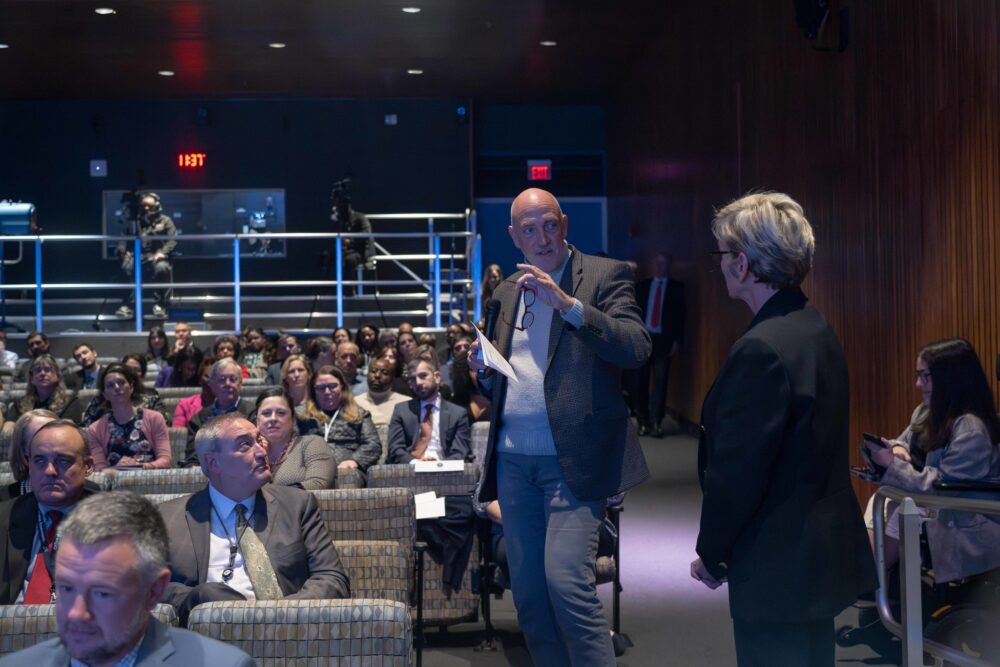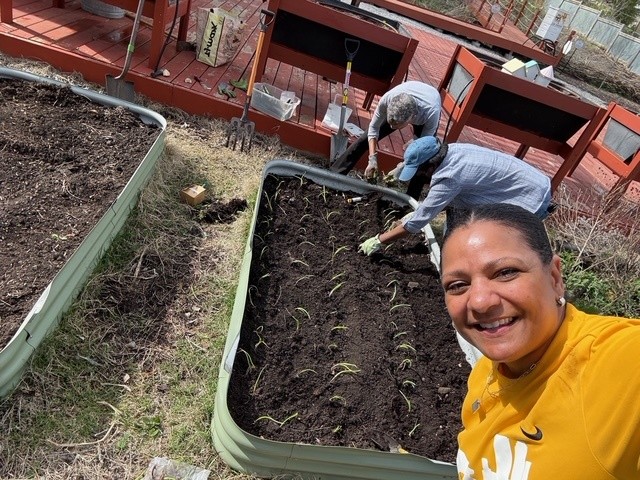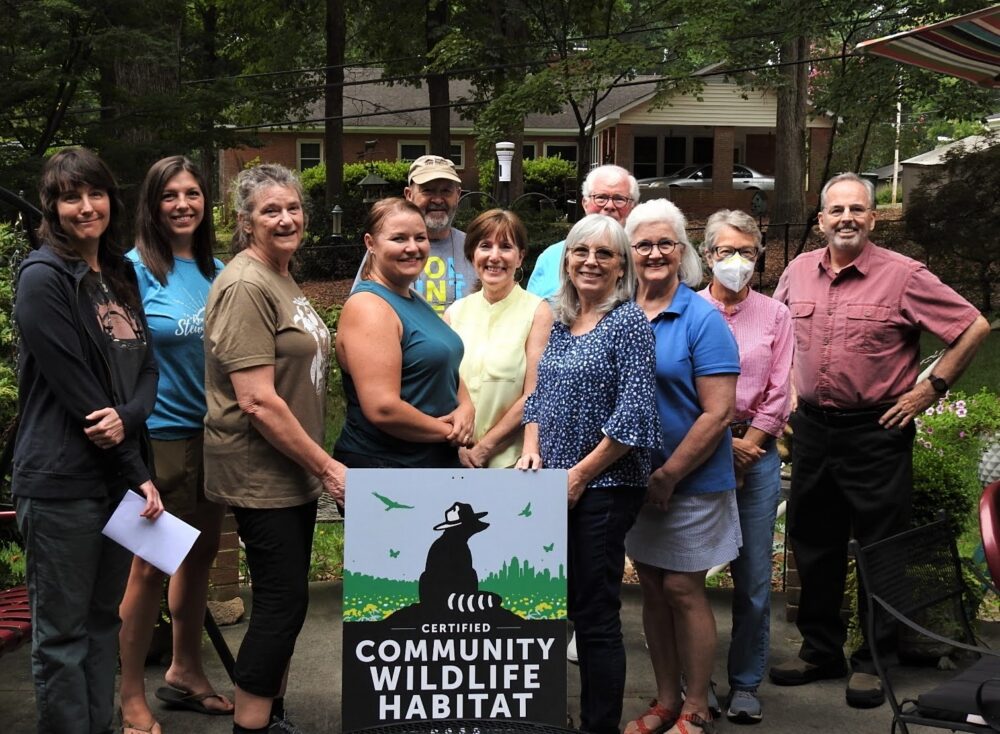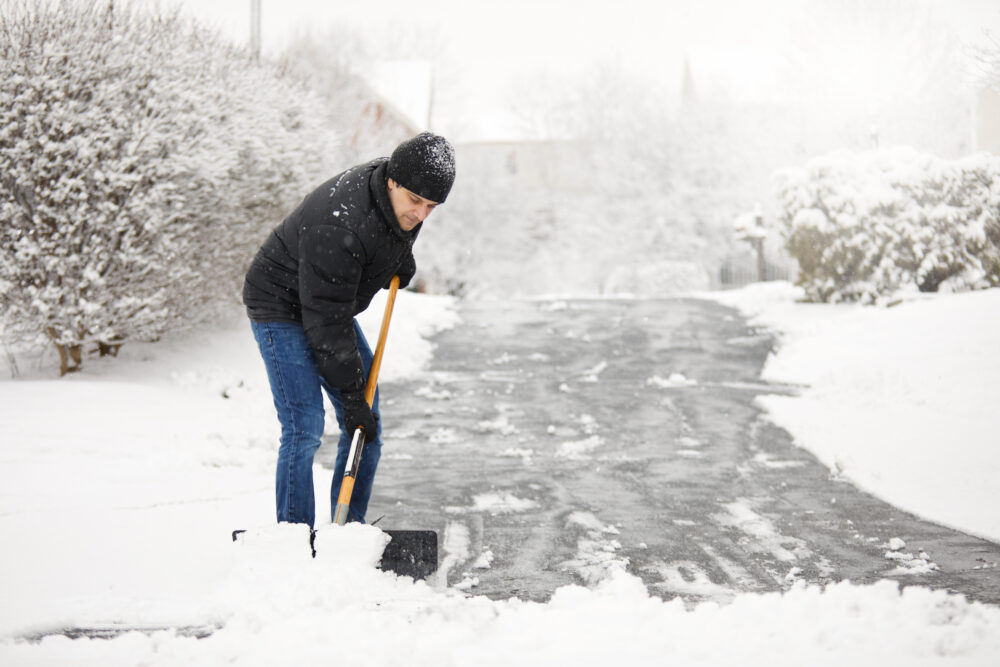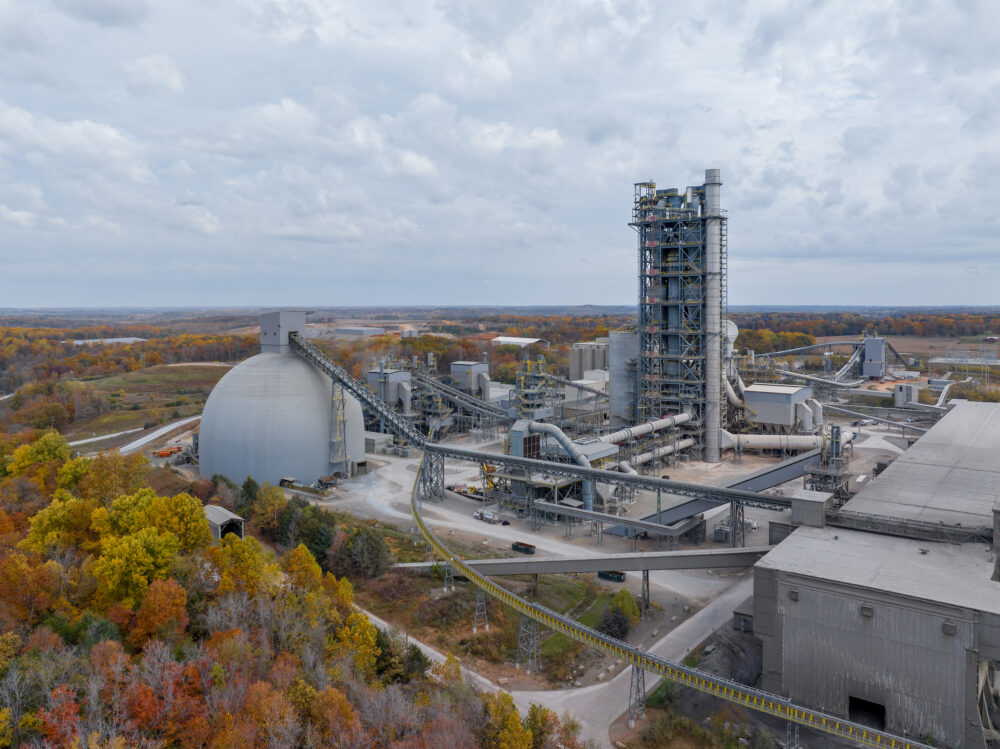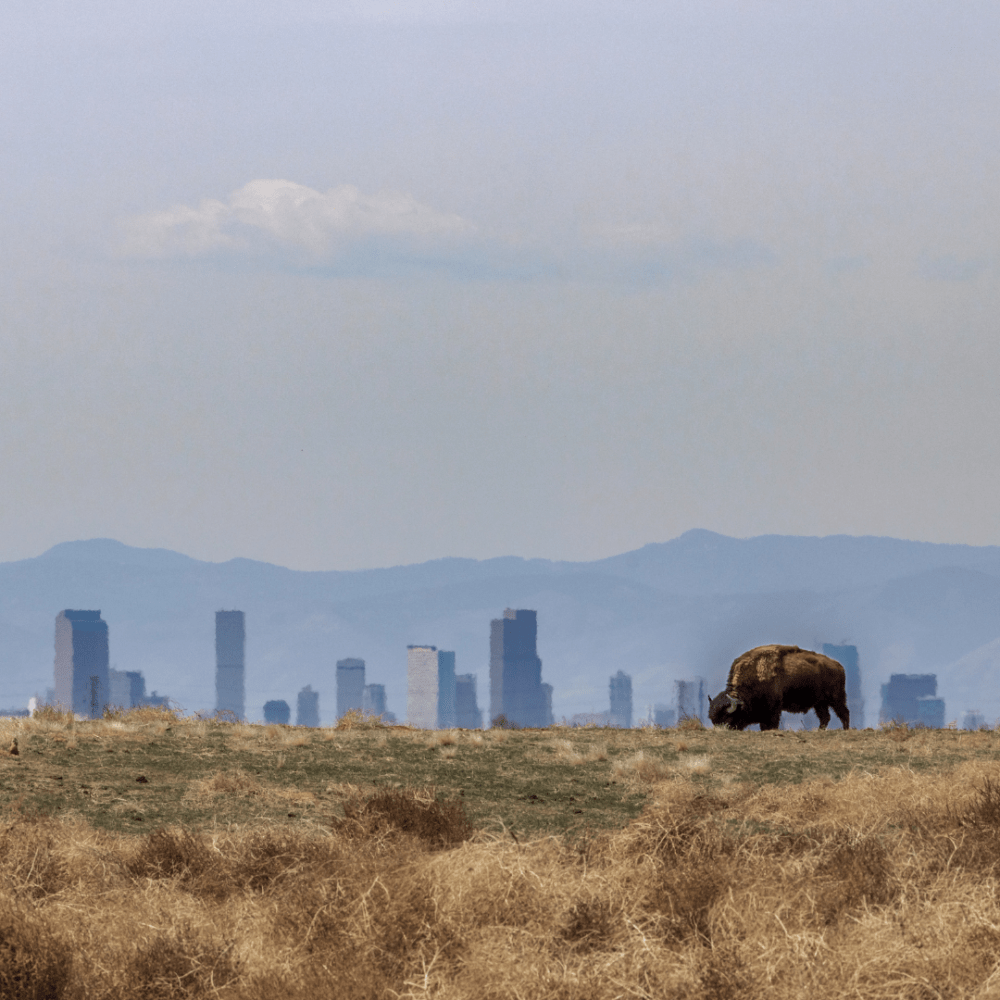We have much more to do and your continued support is needed now more than ever.
A New Bill Addresses America’s Disproportionate Pollution Problem
We must invest in the hardest hit communities across the nation.
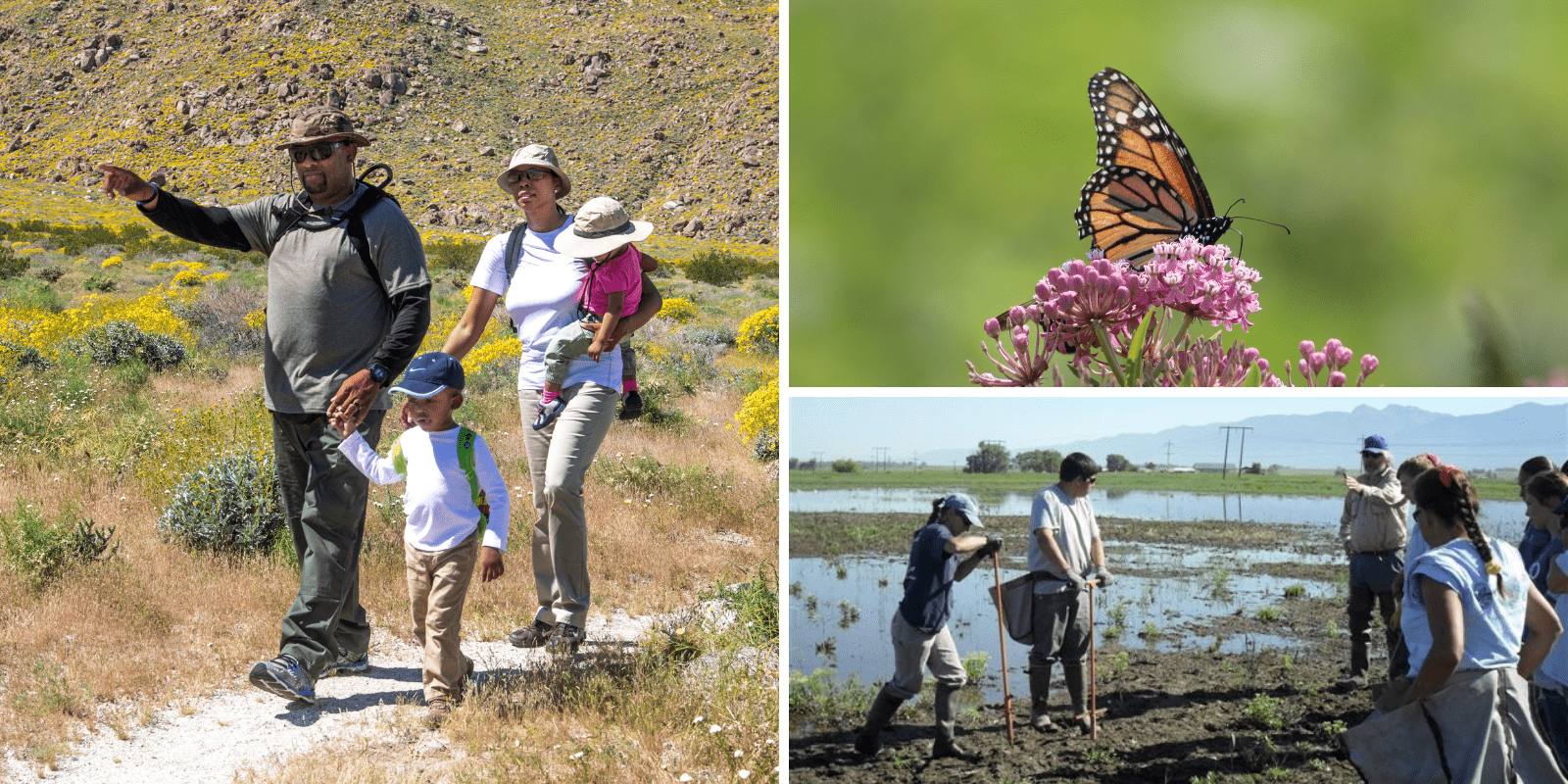
Pollution, especially from fossil fuel production, drives climate change, contaminates our air and water, and burdens people and wildlife with long-term health impacts. As a new administration and Congress seek to rein in climate change and build back our economy, legislation like the Environmental Justice for All Act can ensure investments in pollution clean-up, infrastructure improvements, and a transition to a clean energy economy are equitable. Our eighty-five year long campaigns for wildlife conservation, clean air and water, and access to healthy green spaces can only begin to succeed when no community is left behind.
Why we need an equitable response to environmental injustices
What do we mean by equitable? Too often, low-wealth and Black, Latinx, and Indigenous communities have been left out of policy creation, decision-making, and implementation. This results in a lack of investment in these marginalized communities and a leniency on enforcement of environmental protections.
We can see historic disinvestment in the lack of tree canopy in urban and suburban areas, traced back to the 1960s policy of “red-lining.” This type of zoning ordinance deemed neighborhoods with a higher proportion of Black residents as undesirable and therefore, was used to justify fewer investments in urban forest and park creation or maintenance.
Poor enforcement of environmental protections, incomplete environmental impact statements and limited opportunities for public comment result in the creation of sacrifice zones, or areas where the poisoning of air, land, and water are seen as acceptable casualties for the extraction and processing of fossil fuels.
In every state, territory, and Tribal land, we are seeing legislation and policies fall short for the communities facing long-term environmental neglect. That is why we urgently need the Environmental Justice for All Act.
Game-changing legislation: The Environmental Justice for All Act
Introduced by Representatives Raul Grijalva and Donald McEachin, the Environmental Justice for All Act was shaped through convenings with multiple environmental justice leaders and frontline community members. The bill includes several provisions to strengthen regulations, including the need to consider cumulative impacts in permitting decisions, and it authorizes necessary funds to support research, education, outreach, development, and implementation of projects to address environmental and public health issues.
By implementing solutions identified by frontline community leaders, our federal government can foster economic opportunity and create healthier homes and habitat in the places most harmed by our intertwined pollution, climate, and biodiversity crisis. Of the many components of the legislation, learn about five critical parts:
Creating greater access to the outdoors
The bill would establish an outdoor recreation legacy partnership grant program to expand, enhance or establish parks for outdoor recreation and education, provide cities and states funding to reduce transportation barriers to visiting parks, and make permanent the Every Kid Outdoors program’, to provide free access to Federal land and waters for students.
Getting kids outdoors has incredible benefits for health, education, and developing a love of nature–but too often those opportunities are out of reach. We save what we love: Greater access to the outdoors will inspire the next generation of conservation champions. Learn more about the need to ensure safety and access for Black communities in the outdoors.
Grants to address the impacts of pollution on health
Through state and Tribal grants, the legislation would provide non-profits and community-based organizations funding to provide “medical and preventive health services, to reduce the disproportionate health impacts of environmental pollution.” Current Environmental Protection Agency environmental justice grant programs have enriched academic experiences for students and helped reduce water pollution through planting riparian buffers, or vegetation along streams and rivers.
Restoring robust public input & scientific analysis
The previous administration weakened the National Environmental Policy Act, which allows communities to respond to proposals for environmentally-harmful projects prior to consideration by the Environmental Protection Agency. The Environmental Justice for All Act would strengthen the landmark law by requiring more extensive analysis of community impacts. Currently, impact statements do not account for the ‘cumulative impacts’–or snowballing harms–of various pollution sources.
Help fossil fuel-reliant communities transition to a cleaner future
The legislation would direct tax revenue from oil and gas development back into the communities most harmed by the extraction and processing of fossil fuels. A new Federal Energy Transition Economic Development Assistance Fund would support retraining and apprenticeships for good-paying clean energy and green jobs. Federal investment in renewable energy expansion will require a well-trained workforce, as will the Biden administration’s commitment to conserve 30% of U.S. lands by 2030.
The fund would also help train workers to restore polluted landscapes, help sequester climate-disrupting carbon emissions through projects like reforestation, and enhance opportunities for outdoor recreation on our public lands. These projects have the added benefit of potentially restoring hundreds of acres of previously degraded wildlife habitat across the country.
Help coastal Tribal communities improve climate resilience
Tribal communities, from Louisiana to Alaska, are facing the effects of climate change, from rising seas to storm surge from intense storms. The legislation will fund grants for Indigenous communities to improve their climate resiliency through living shorelines and other nature-based solutions. Coastal restoration can reduce flooding, while also creating habitat for sea turtles, shorebirds, and other wildlife.
With many states beginning to lead on environmental justice, Congress should meet this moment by passing legislation swiftly.
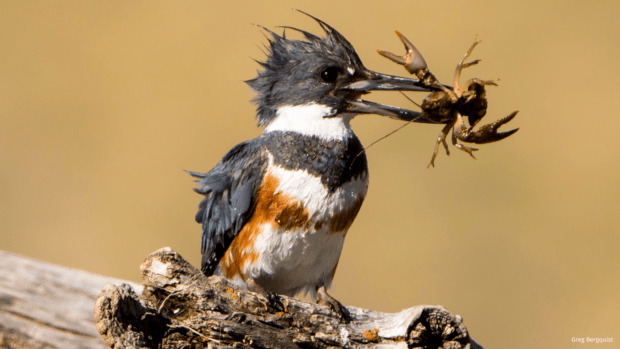
What’s next?
Over the last year, the National Wildlife Federation hosted a series of roundtables to elevate the voices of communities on the frontlines of environmental injustices. As we discuss these community-identified solutions, including the Environmental Justice for All Act, with members of Congress, we will soon need you to call on your representatives to support equitable environmental laws. As wildlife advocates, your vocal support for just approaches to our nation’s investment in conservation and enforcement of environmental protections is more important now than ever.
We are expanding our efforts to ensure no communities are left behind as our nation charts a path to a clean economy and pollution-free future for people and wildlife. Please support our work by making a donation today.
MAKE A GIFT TODAYDive deeper into environmental justice:
- Read about how geospatial technology tools can help identify cumulative environmental impacts, helping policymakers better target urgent interventions: Environmental Justice Mapping Tools: Use and Potential in Policy Making to Address Climate Change
- Read a thought-provoking Q&A with National Wildlife Federation Vice President Mustafa Santiago Ali about the renewed hope for equitable environmental legislation: Mustafa Santiago Ali describes the path forward for environmental justice
- Meet two communities facing long-standing environmental injustices: Cancer Alley in Louisiana, and Detroit, Michigan.









